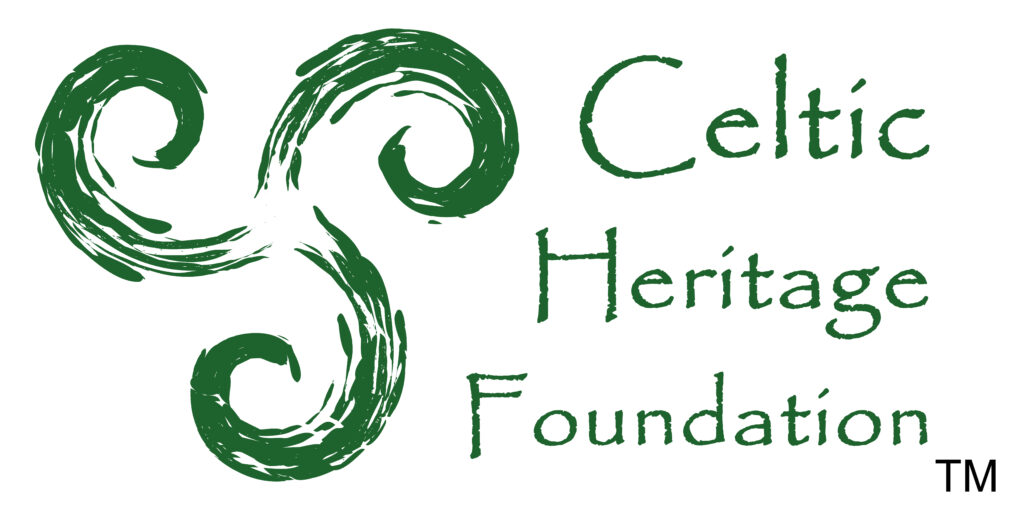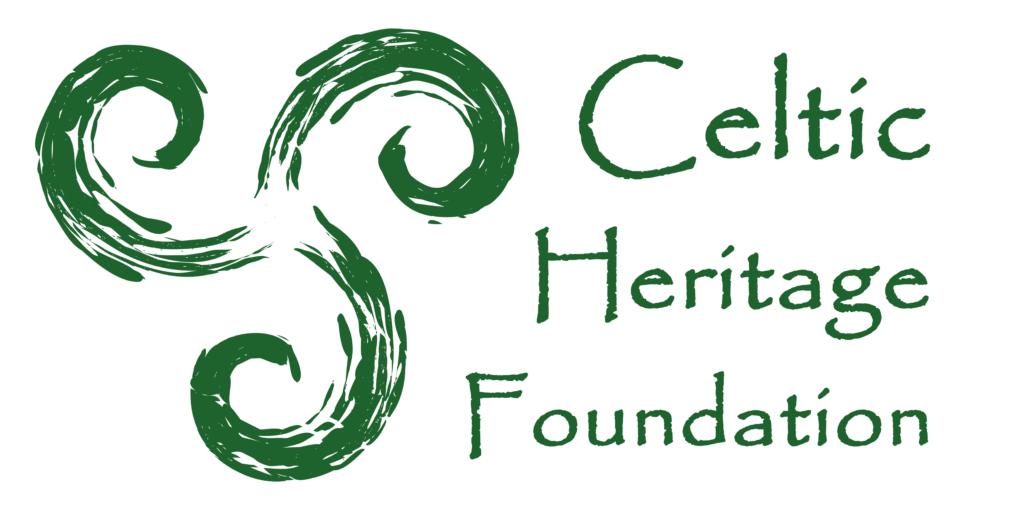Celtic Heritage Foundation is a 501 (c)(3) non-profit organization dedicated to promote and preserve Celtic culture and heritage through connection, celebration, and resources made available on our website and event participation.
celtic nations
Today's Celtic Nations share an ancestry and history together that predates their geography and country location. These six nations are brought together as Celtic based on a form of Celtic Language that still exists in each of these nations to modern day. The Celts once covered much of Europe but with the rise of the Roman Empire they were pushed west. Luckily for the Celts, the Roman Empire collapsed before they could push the Celts out of Europe completely. Looking at a map, one can see clearly see the results.
Click on each nation to be taken to their webpage and resources.
Preserving Heritage
thru
Resources
We provide introductions to Celtic history, language, traditions, and arts. Each resource in intentionally designed as a stepping stone, building awareness of what is Celtic and encouraging a journey toward deeper understanding and integration.
Celebration
Celtic heritage lives on through its contributions to the modern world. We celebrate the lasting influence of Celtic culture in literature, craftsmanship, innovation, sport, and everyday life; highlighting how these traditions continue to enrich the world today.
Connection
Celtic heritage is best understood through connection: to people place, and tradition. We serve as a hub offering curated recommendations to credible scholars, organizations, and individuals We help transform curiosity into meaningful understanding, weaving together the Celtic threads of the past, present, and future.
Our Goal
To spark curiosity and foster understanding of Celtic identity. We help people discover their roots, appreciate the depth of their heritage, and learn to value it. Our ultimate goal is for Celtic Americans to successfully integrate their heritage into their lives:
so Celtic culture is not merely remembered, but carried forward as a living, evolving legacy.
Merchandise
Celtic heritage is more than an ethnic inheritance. It is a conscious choice to continue a living legacy. A legacy sustained through learning, integration, and passing tradition to the next generation. Heritage endures when it becomes part of daily life.
Objects alone do not preserve culture. But when their history and meaning are understood, they can become tangible tools for continuity, reminders of identity, expressions of place, and vehicles for passing tradition forward.
Our Mission
is to
our board

Anne Tipper
President
Anne Tipper is the Founder of Celtic Heritage Foundation. She brings over thirty years of experience in both corporate business and non-profits and is committed to preserve Celtic heritage for the next generation.

SUE MAlone
Secretary
Sue is an artist and educator. She has taught art at the college level and has extensive experience as a museum exhibit designer. She celebrates her heritage with Scottish dog ownership: collies and golden retrievers

Karen Hansen
Treasurer
Karen is the owner of Wyman & Wyman Financial Solutions and has significant nonprofit board experience as a participant and officer. She is passionate about education and showing the potential of learning.

Lauren Tidwell
Associate Board Member
Lauren is a college professor of biology and anatomy and an army veteran. She has a passion for educating her children on their family roots and taking an active role in preserving the legacy of Celtic Heritage.
The world is rich in diversity of culture.
In the United States, there is a meeting of many cultures and the ones people came from can be forgotten over generations.
We strive to preserve Celtic heritage for Americans of Celtic descent so they may be connected to the threads of their past, present, and future.
contact us
We are located in Washington State
Email: info@celtichf.org
For public review of taxes or formation documents, email your request.
Photo Credits:
Ireland - Cliffs of Moher: Sue Malone
Scotland - Isle of Skye: Jens Ickler
Brittany - Pointe de Pen-Hir: Liubomir Paut-Fluerasu
Wales - Ynys Llanddwyn island: Helen Hotson
Cornwall - Porthcurno: Antonio Marturano
Isle of Man - Calf Sound: Parinya Suwanitch
Ireland - Bishops Walk Rock of Cashel: Sue Malone
Ireland - Cross with flowers: Sue Malone


